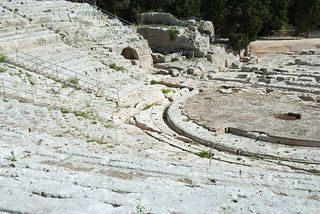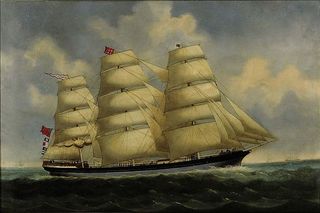Collaborative Annotations
Objective:
You will be holding class discussion in the margins of the readings through collaborative annotations in a reading group. This practice will allow your class to come together around the readings and sharpen your critical reading skills. Your instructor may add guiding comments and questions to your readings, and you will contribute questions, answers. observations, and links that will enrich your understanding of these texts and provide a resource that you can refer to when you write your formal papers.
Strategy:
Your instructor may add videos, links, definitions, questions, and comments to our texts. You will read the required materials, clicking through resources and annotations as you go. Then, you will add written annotations yourselves.
Goal:
By collaboratively annotating course texts, you will practice the close reading and analytical skills that are part of ENG 111, benefit from your classmates’ insights, and have a rich edition of the text to draw from for your own personal essays. You will also explore the digital publishing platform we are using, Manifold, gaining new digital skills that we will reflect on over the course of the semester.
Labor:
All students will make contributions over the course of the semester within the platform. Strive to share well thought-out and detailed ideas, demonstrate that you’ve really engaged with the material we are reading, and that you responded to your classmates' ideas thoughtfully. Check your course's syllabus to see how annotations figure into your overall course grade.
- Annotations: There are different kinds of annotations that you can add yourself. All annotations should be around 100 words. Be sure to use our class’s annotation group when leaving your annotations. Some kinds of annotations you can write include:
- Pointing out a detail of the text and describing what you think it means
- Asking questions about the text’s meaning or an element that is confusing
- Reflecting on the historical context (you may choose to include a link to another web page for this and describe the information)
- Connecting to personal experience, class discussion, or other course materials
- Answering other students’ questions or adding on to their observations




